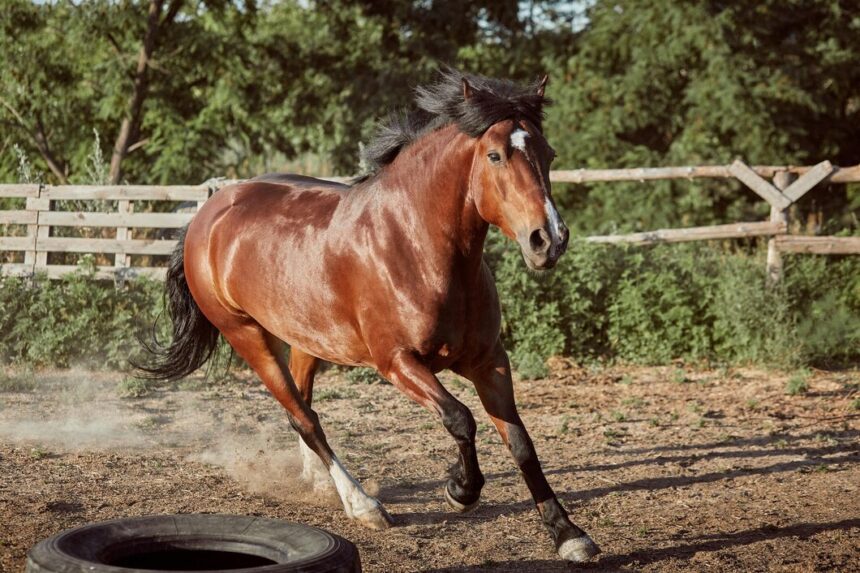Thoroughbred horses, renowned for their elegance, speed, and stamina, hold a distinguished place in the world of horse racing and equestrian sports. In South Africa, breeding and farming Thoroughbred horses require a unique understanding of the breed’s characteristics and the equine industry. In this article, we explore 10 essential aspects of breeding and farming Thoroughbred horses in the diverse landscape of South Africa.
1. Rich Racing Heritage:
Thoroughbred horses have a rich racing heritage globally, and South Africa is no exception. With a legacy deeply rooted in prestigious racing events, the country’s Thoroughbred industry contributes significantly to the world of horse racing.
2. Selecting Breeding Stock:
Successful Thoroughbred breeding begins with the careful selection of breeding stock. Stud farms in South Africa emphasize lineage, conformation, and racing performance when choosing stallions and mares to ensure the continuation of desirable traits.
3. Climate Considerations:
South Africa’s diverse climates require Thoroughbred breeders to consider regional differences in environmental conditions. From the Western Cape’s moderate climate to the more arid regions, adapting breeding and management practices is essential.
4. Equestrian Facilities and Infrastructure:
Well-designed equestrian facilities are crucial for Thoroughbred farms. Quality stables, secure fencing, spacious paddocks, and well-maintained tracks contribute to the overall well-being and performance of the horses.
5. Early Training and Handling:
Thoroughbred foals often undergo early training and handling to instill good behavior and establish a foundation for future training. Gentle handling and positive experiences contribute to the horse’s temperament and readiness for racing.
6. Feeding and Nutrition:
Proper nutrition is paramount for the development of strong, healthy Thoroughbreds. Balanced diets, supplemented with vitamins and minerals, are tailored to the specific needs of growing foals, racing horses, and broodmares.
7. Health Monitoring and Veterinary Care:
Thoroughbred farms prioritize health monitoring and veterinary care. Regular check-ups, vaccinations, and preventive measures help maintain the overall well-being of the horses and minimize the risk of diseases.
8. Breeding Seasons:
Thoroughbred breeding is often carefully timed to coincide with the natural breeding seasons. Stud farms follow industry-standard breeding practices, with mares typically foaling in late winter or early spring.
9. Registration and Stud Book Standards:
Thoroughbred horses in South Africa are registered with the National Horseracing Authority (NHA), adhering to strict stud book standards. Accurate pedigree records ensure the integrity of the Thoroughbred breed.
10. Participation in Racing Events:
For Thoroughbred breeders, the ultimate goal is often to see their horses succeed on the racetrack. Actively participating in racing events and collaborations with racing trainers contribute to showcasing the breeding success of a Thoroughbred farm.
Breeding and farming Thoroughbred horses in South Africa is a pursuit that requires dedication, expertise, and a deep appreciation for the equestrian world. From selecting breeding stock to providing top-notch facilities and participating in racing events, Thoroughbred breeders play a pivotal role in shaping the future of the breed in the country. As South Africa continues to celebrate the excellence of Thoroughbred racing, the commitment to maintaining high standards in breeding and horsemanship remains at the heart of this distinguished industry.
Join 'Farmers Mag' WhatsApp Channel
Get the latest Farming news and tips delivered straight to your WhatsApp
CLICK HERE TO JOIN






